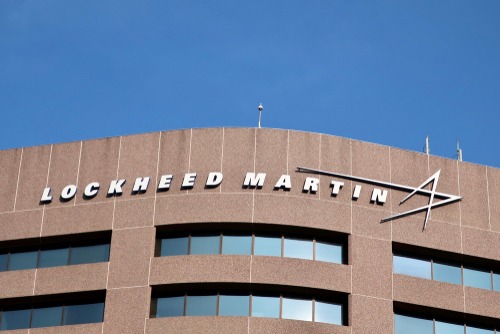
The Federal Trade Commission (FTC) announced a lawsuit to block Lockheed Martin Corporation from the vertical acquisition of Aerojet Rocketdyne Holdings Inc to prevent critical market consolidation.
Regulators argued the $4.4 billion acquisition effort would remove the last independent U.S. supplier of missile propulsion systems from the market, allowing Lockheed to flex its newfound control to harm rival defense contractors and consolidate national security and defense markets under its control.
Lockheed is already the world’s largest defense contractor, and as such, its acquisition of Aerojet was first reviewed by the U.S. Department of Defense (DoD), which the FTC considered in its decision. Those assessments led it to determine that the proposed transaction would harm competition for weapons systems the DoD relies on for national security without providing any means to alleviate those harms.
“Lockheed is one of a few missile middlemen the U.S. military relies on to supply vital weapons that keep our country safe,” Holly Vedova, FTC Bureau of Competition director, said. “If consummated, this deal would give Lockheed the ability to cut off other defense contractors from the critical components they need to build competing missiles. Without competitive pressure, Lockheed can jack up the price the U.S. government has to pay while delivering lower quality and less innovation. We cannot afford to allow further concentration in markets critical to our national security and defense.”
This marks the agency’s first litigated challenge to a defense merger since the Clinton administration when regulators blocked a Lockheed-led attempt to acquire Northrop Grumman. Today, Lockheed and Northrop Grumman are both leading missile suppliers to the United States, along with the Boeing Company and Raytheon Technologies, Inc. Aerojet is a subcontractor of such companies, offering system components each rely upon for their systems. Aerojet and only one other competitor – Northrop Grumman – compete to provide propulsion inputs for missile systems and hypersonic cruise missiles to defense prime contractors.
Beyond the power this would give Lockheed in market domination, the FTC noted it would also allow Lockheed access to Aerojet’s information on these other corporations’ sensitive data on technological advancements, cost, schedules, and business strategies for their products. That could be exploited to give Lockheed further advantage against them. In turn, the agency argued that the U.S. government would be hurt due to the cost of missile systems and affiliated products, as these would likely rise even as innovation and quality lessened under this more monopolized environment.
The FTC voted 4-0 to authorize the preliminary injunction against Lockheed and will file a complaint in the U.S. District Court for the District of Columbia.




